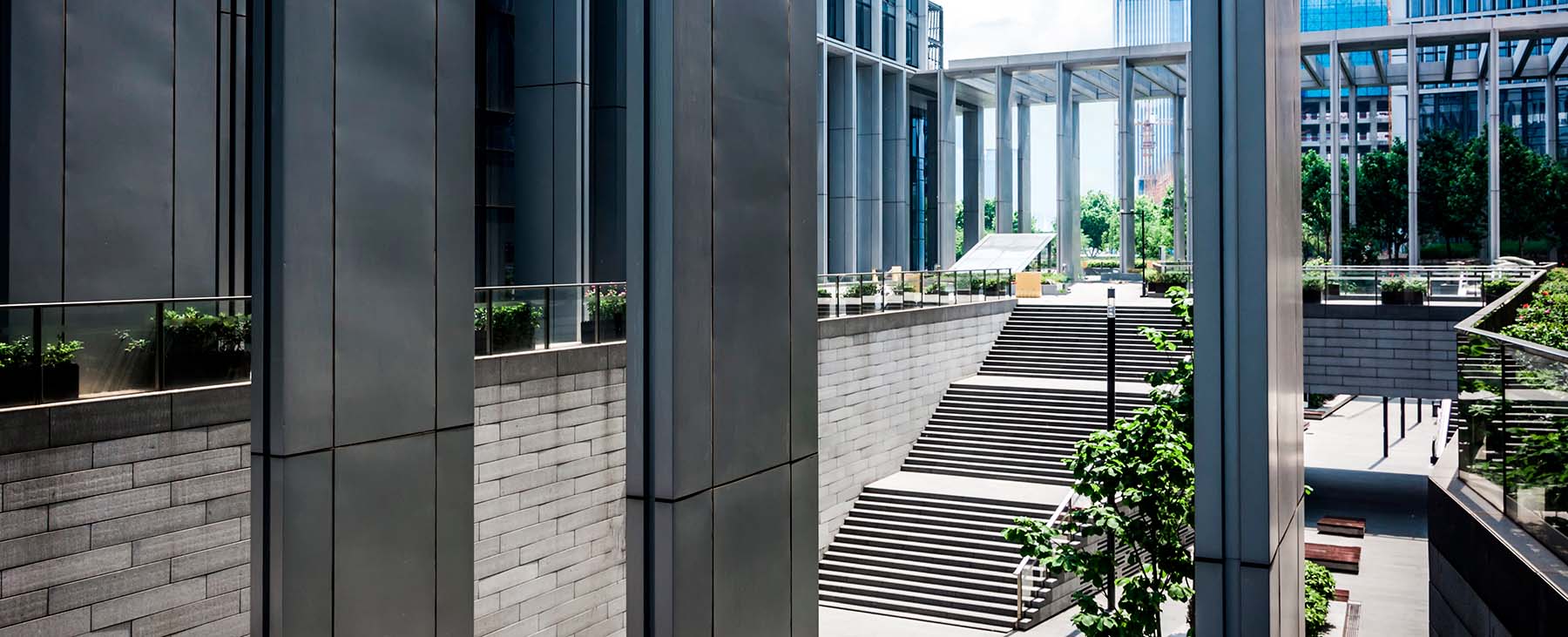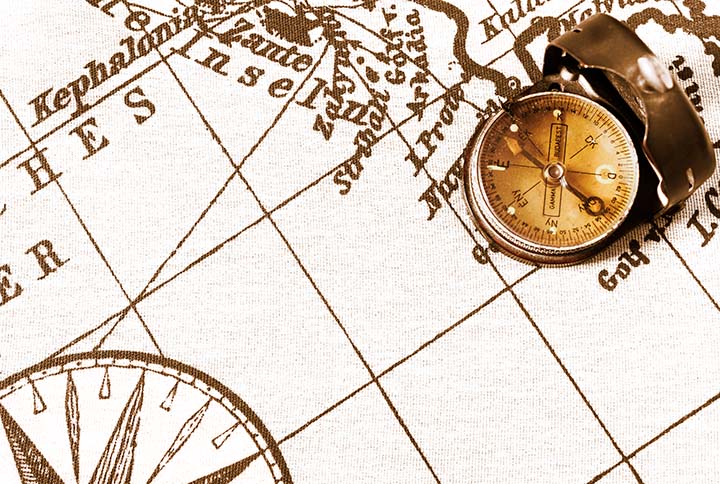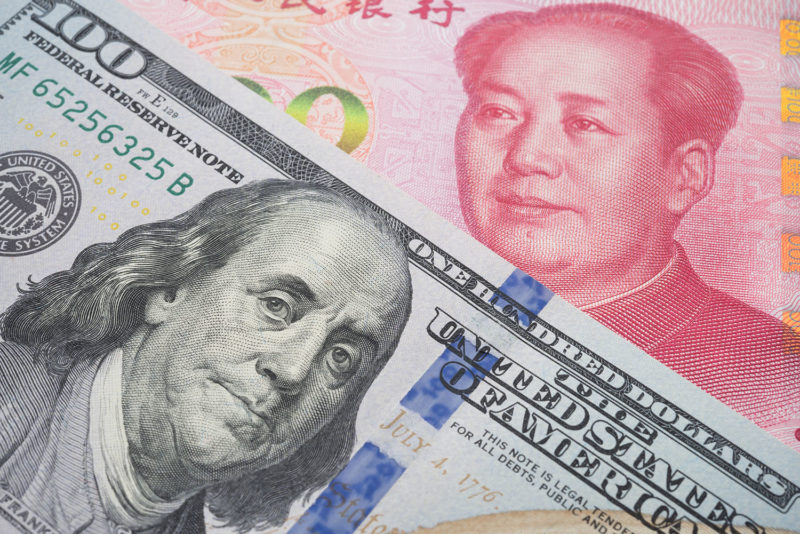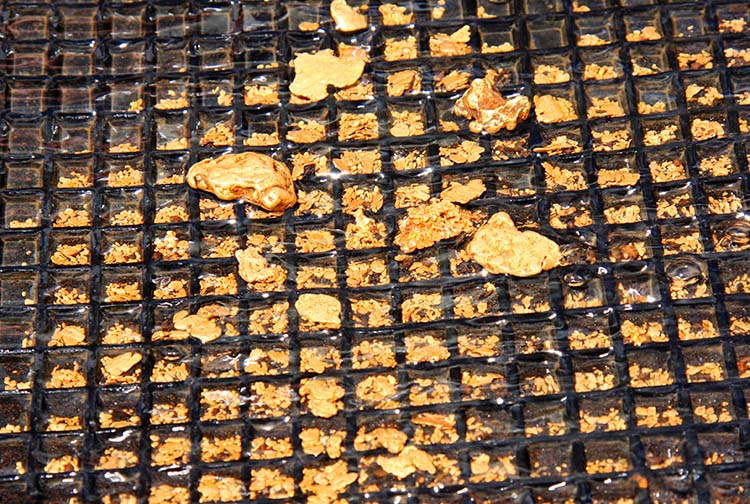

Recession fears hang over Davos
The world’s economic elite gathered this week in the Swiss town of Davos. Fears of a possible recession have marked the annual meeting of the World Economic Forum, which continues to be weighed down by the lack of women.
“A family reunion for the people who broke the modern world.” This is how Anand Giridharadas, former columnist for ‘The New York Times’ and editor of ‘The Ink’, described the World Economic Forum Annual Meeting. “A unique collaborative environment in which to reconnect, share ideas, gain fresh perspectives, and build problem-solving communities and initiatives.” This is how the World Economic Forum describes it on its website.
This World Economic Forum event, cancelled in 2021 due to the pandemic, brings politicians, business people, academics, social leaders and celebrities to Davos each year to address the global agenda. Although it is normally held in January, amidst snow-capped mountains, the Omicron variant of Covid-19 forced it to be delayed, and it finally took place between 22 and 26 May.
Some see it as a place for the world’s elite to pat each other on the back and exchange favours. Others see it as a platform for seeking solutions to major global problems and conflicts. Both are probably partly right.
An elitist event
What is clear is that participation in this event is not open to everyone. To do so, you have to be one of the approximately 1,000 members of the World Economic Forum, which can cost more than half a million euros, or you have to be invited. One way or the other, a presence at the event is an opportunity to influence the global agenda.
This year’s list of participants included some 1,250 business leaders, more than 300 politicians from around the world and some 200 NGO representatives, as well as entrepreneurs, academics and other members of civil society.
The World Economic Forum was founded in 1971 by Klaus M. Schwab, a professor at the University of Geneva, who invited about half a thousand European executives to a meeting on business management. In 1987, the non-profit organisation adopted its current name and took on a broader focus to address the major issues affecting the future of humanity.
From polarisation to the war in Ukraine
The 2020 edition, which was attended by more than 3,000 people, highlighted the polarisation in the world, with two major antagonistic protagonists. On the one hand, the then President of the United States, Donald Trump, and on the other, the activist Greta Thunberg, who criticised the world’s major leaders for their inaction on climate change.
This year, Davos has been visited by the executive director of the International Monetary Fund (IMF), Kristalina Georgieva; the president of the European Commission, Ursula von der Leyen, as well as business figures such as Bill Gates and George Soros. Ukraine’s President Volodymir Zelensky, who called for stronger sanctions against Russia, spoke by videoconference at the opening of the conference. In any case, the overwhelming majority of men shows that the power elites are still far from achieving gender parity.
This year’s more than 150 sessions were organised around eight thematic areas, including climate and nature, fairer economies, tech and innovation, jobs and skills, better business, health and healthcare, global cooperation and society and equity. The war in Ukraine, the energy and food crisis, as well as their impact on the already complex economic situation, took centre stage.
Recession fears
Bad news is not good news for business, and Davos tends to offer a somewhat sugar-coated view of the future. This year, however, it was hard to ignore the risk of a recession.
The head of the IMF reservedly acknowledged that an economic contraction cannot be ruled out and warned that 2022 will be a “tough year.” For his part, José Viñals, president of Standard Chartered, acknowledged that the threats looming over the global economy could turn into “a perfect storm.”
Even if a new recession were to occur, it would not prevent the list of nouveau riche aspiring to attend the World Economic Forum Annual Meeting from continuing to grow. An Oxfam report indicates that, despite the global economic meltdown, a new billionaire emerged every 30 hours during the pandemic.
If you want to discover the best option to protect your savings, enter Preciosos 11Onze. We will help you buy at the best price the safe-haven asset par excellence: physical gold.
Leave a Reply
You must be logged in to post a comment.





gràcies
Gràcies a tu, Joan!!!
Doncs, i què podem fer?, receptes
En un món tan globalitzat és difícil que quatre gats es puguin organitzar al respecte i millorar alguna cosa, segurament que el millor serà estar atents a “La Plaça” i lluitar contra la recessió mirant d’estalviar a escala familiar en petites coses, com el “Tapp Water”, o fent inversions en or com les de “Preciosos 11Onze”… Moltes gràcies pel teu comentari, Felipe!!!
Gràcies per aquest article un by de realitat qud inicialment et fa deprimir,però tenim la comunitat I això és un puntal per seguir essent el millor de nosaltres mateixos
Tal qual, Alícia… Estaria bé que la recessió no fos tan forta com sembla que serà… Moltes gràcies pel teu comentari!!!
👍
Gràcies, Manel!😉